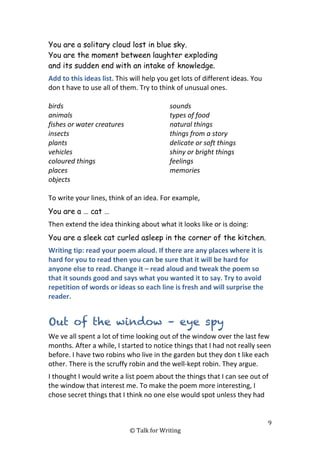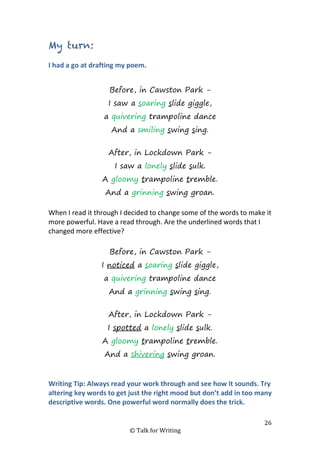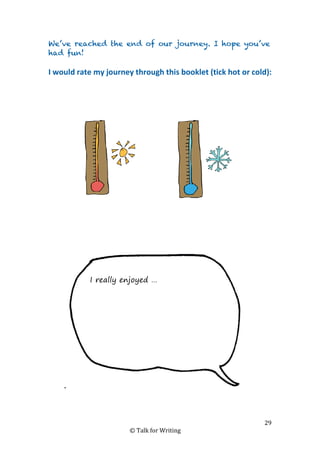This document is a message from Talk for Writing requesting donations to support their home-school English units and raise money for the NSPCC charity. It explains that the units have been well-received and downloaded thousands of times during the COVID-19 pandemic. It asks for voluntary contributions of £5 or £2 per unit depending on how they are being used, with recommendations to donate more if possible. A link is provided to make donations through a JustGiving fundraising page.































